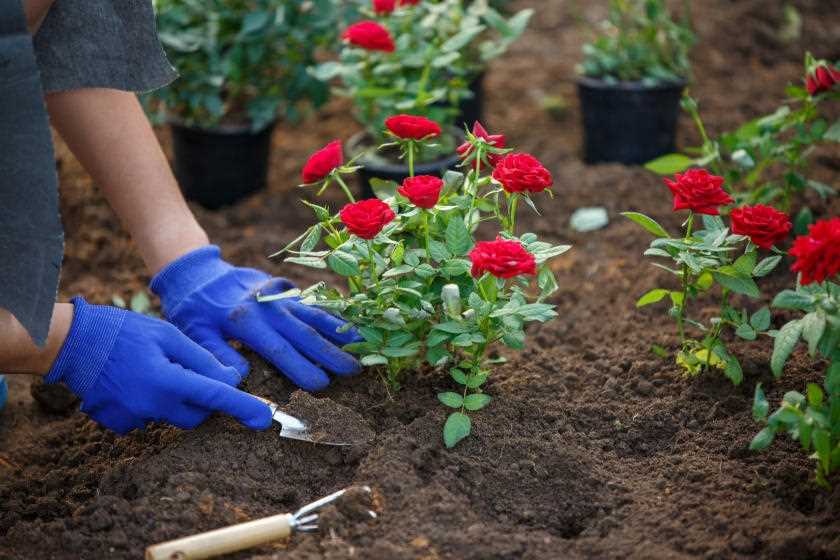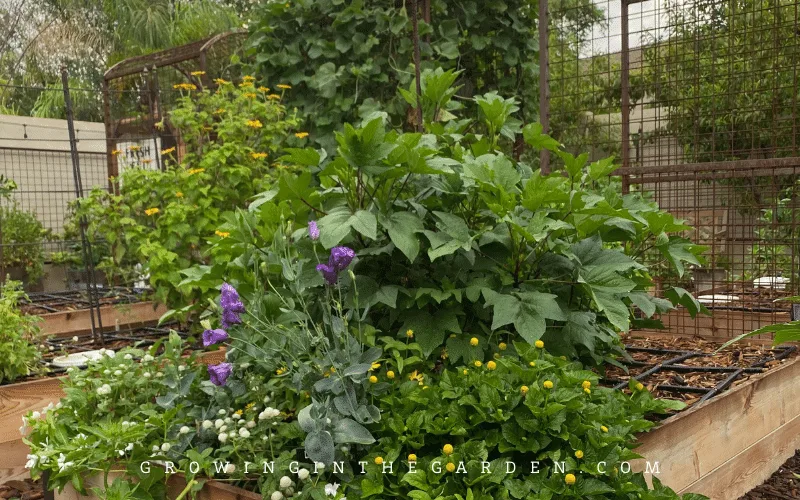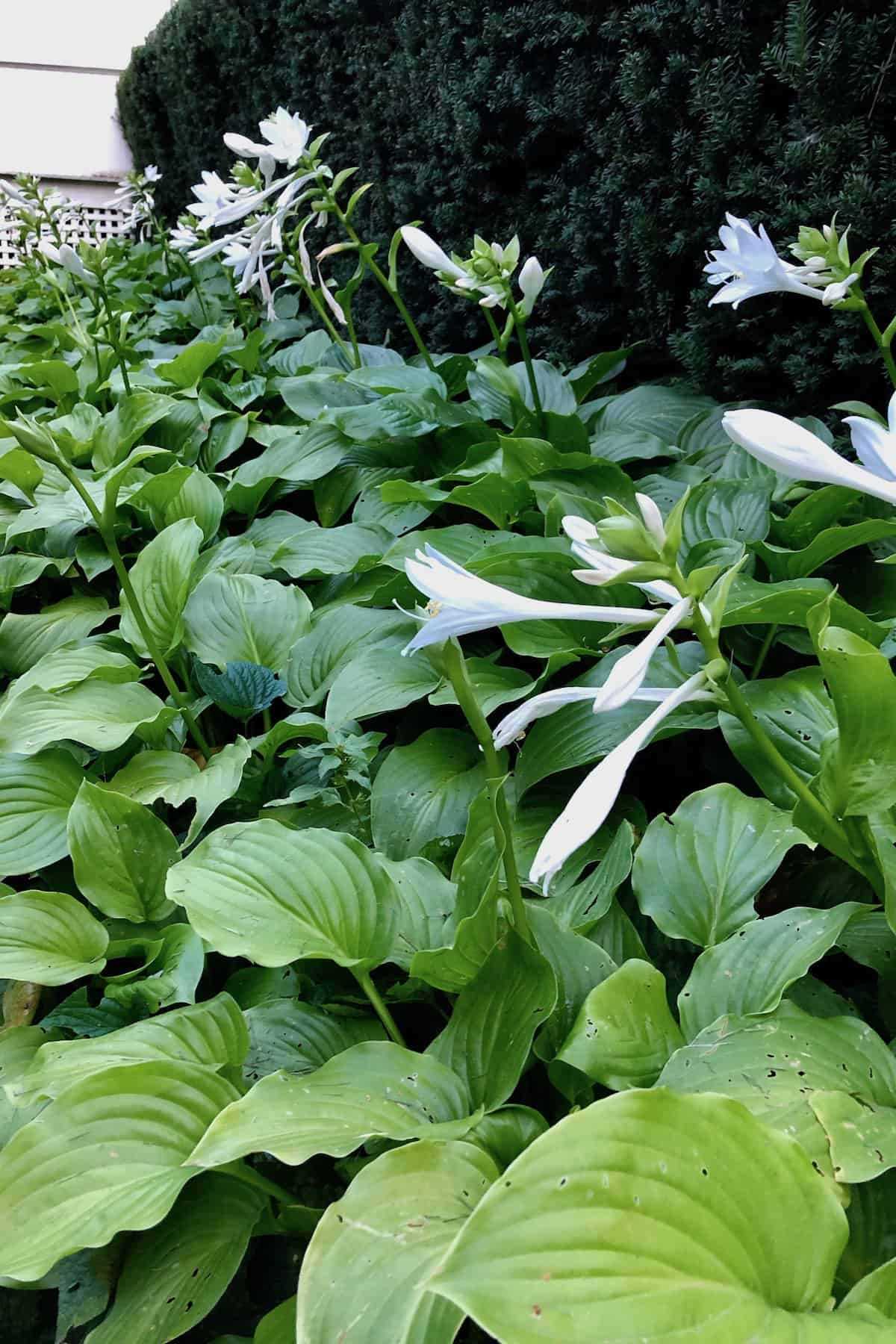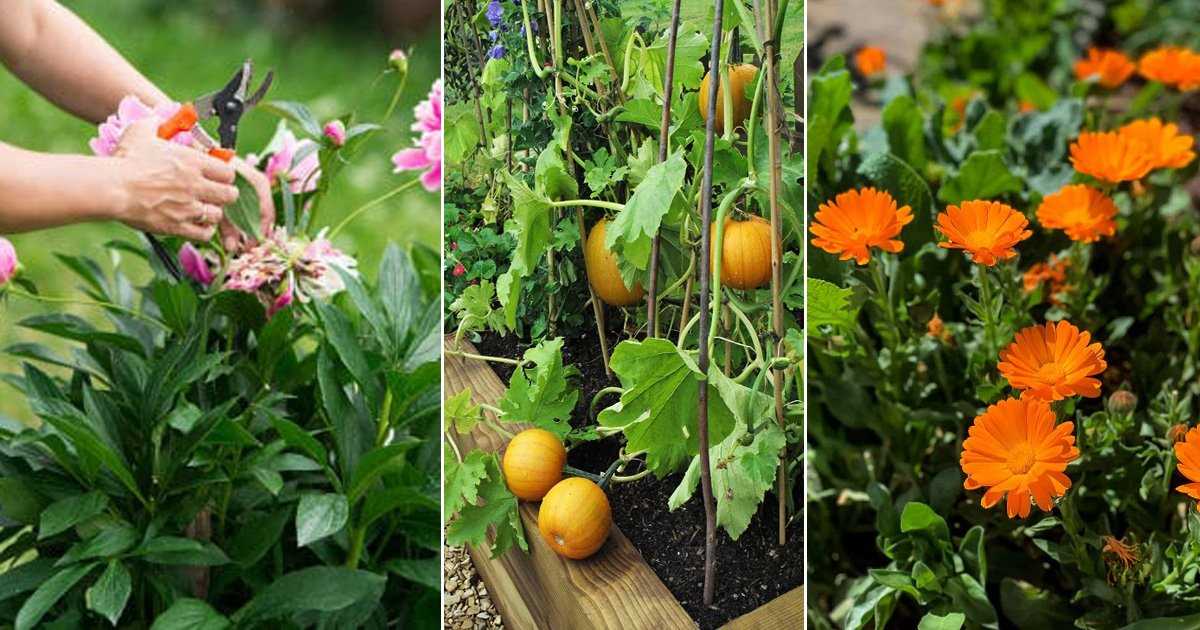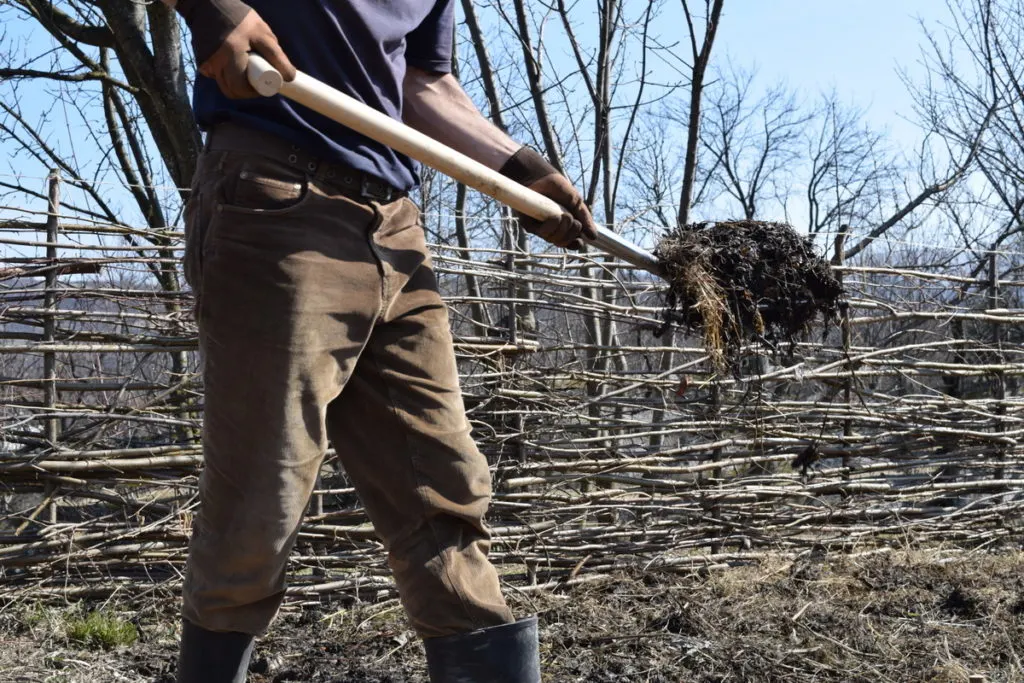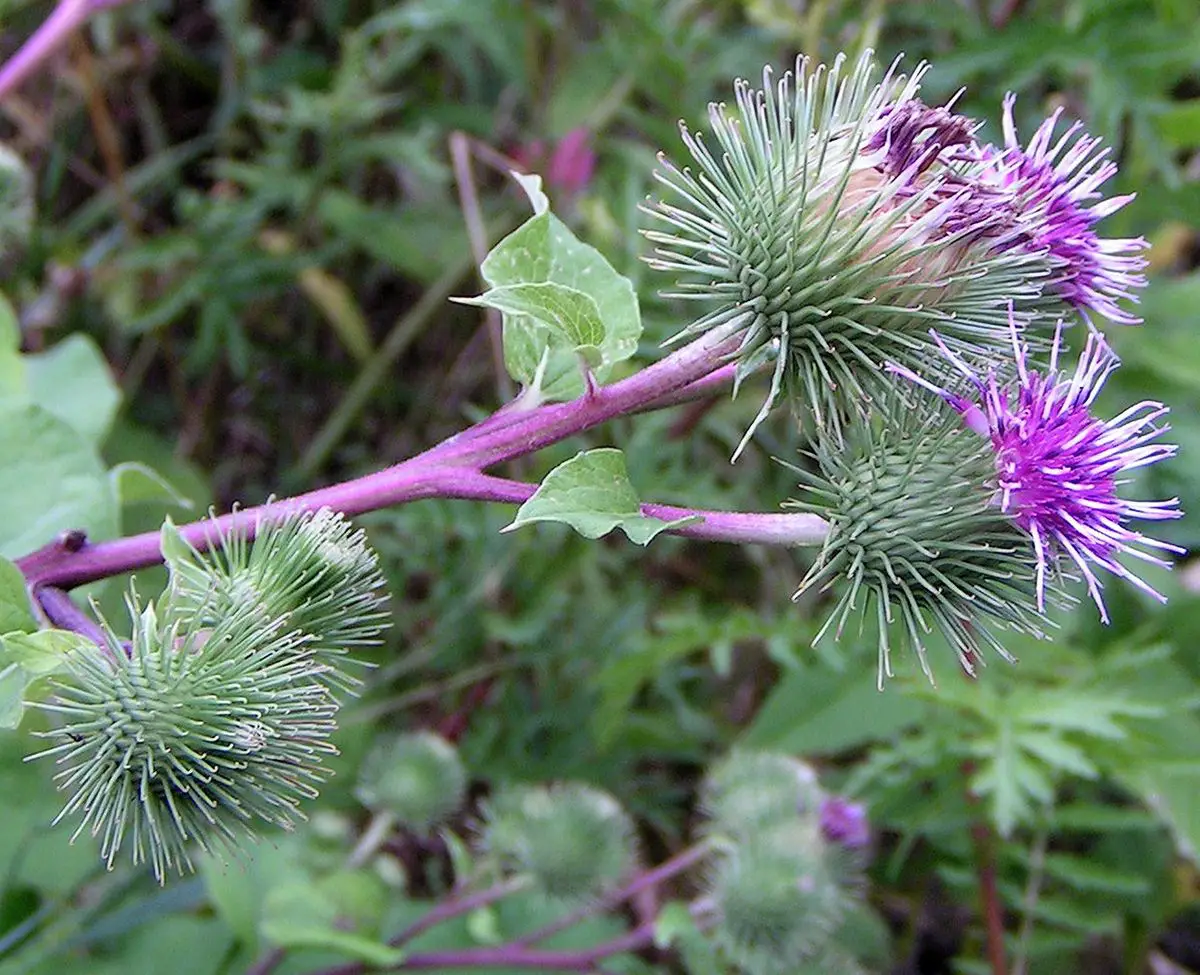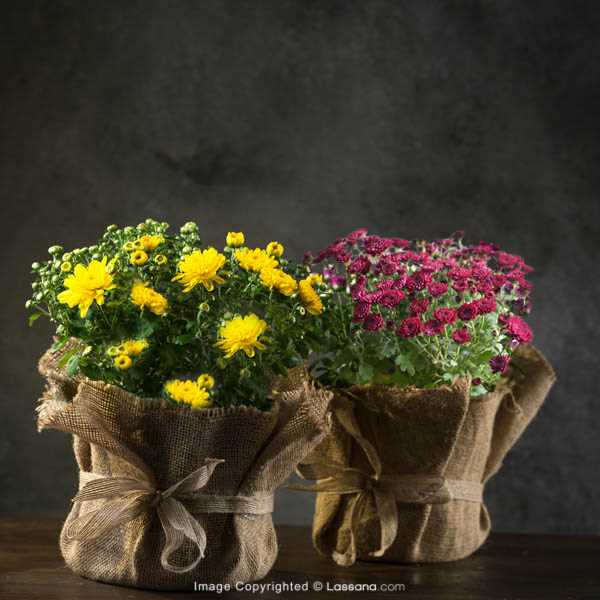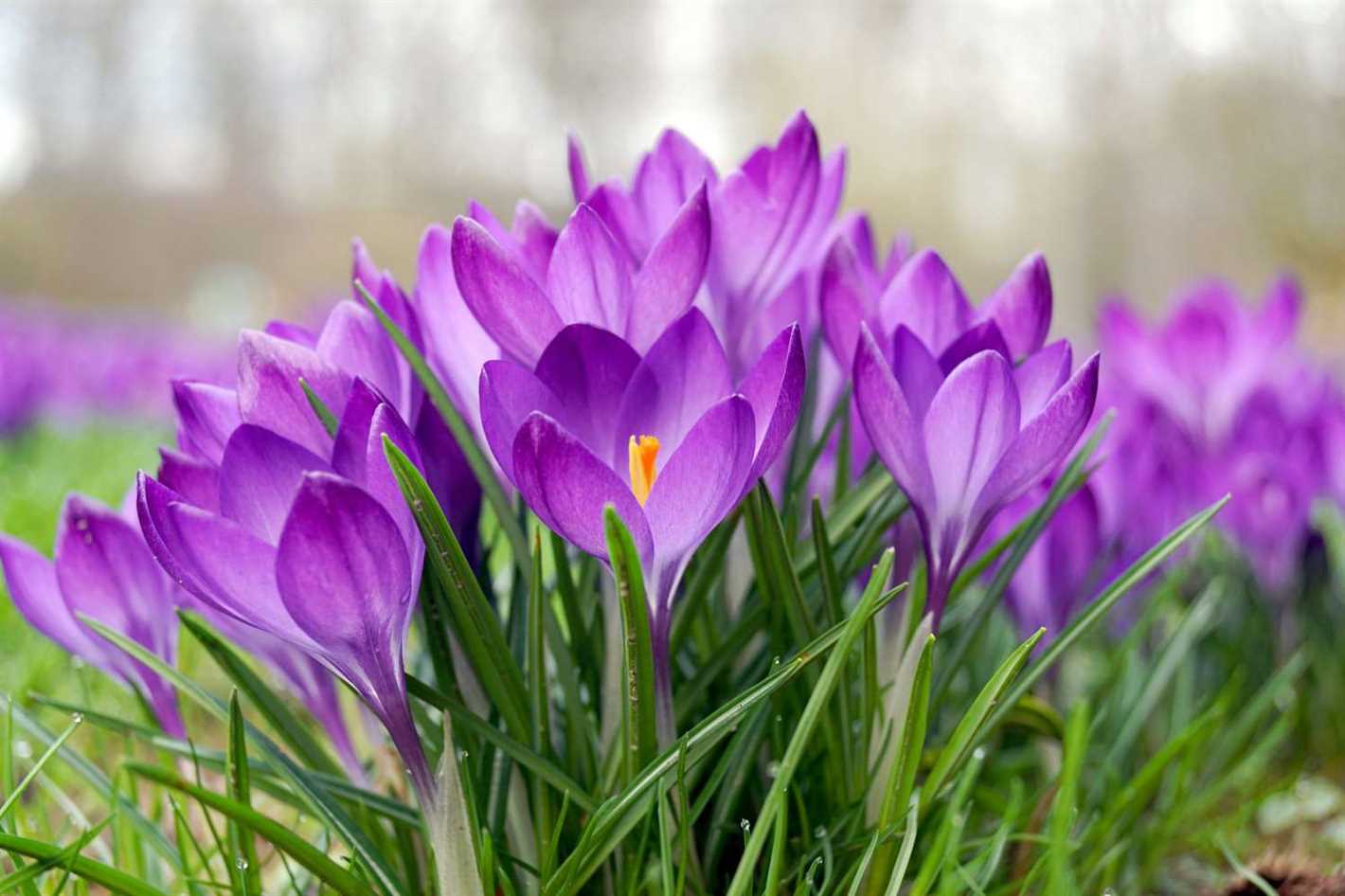- Beautiful Blooms for Every Garden
- 1. Variety of Colors and Patterns
- 2. Easy to Grow
- 3. Versatility
- Low Maintenance and Easy to Grow
- Versatile and Diverse Varieties
- 1. Solid Hues
- 2. Striped and Multicolored Petunias
- 3. Compact and Trailing Varieties
- Attracts Beneficial Insects
- Adds Vibrant Colors to Your Landscape
- Perfect for Containers and Hanging Baskets
- Long Blooming Season
- Great for Beginner Gardeners
- Questions and Answers:
- Can petunias be grown in pots or containers?
- What is the best time to plant petunias?
- How often should petunias be watered?
- Do petunias require full sun?
- Can petunias be grown from seeds?
- Videos: Why Do Cuttings Fail? Propagation Tips
Do you want to add a burst of vibrant colors to your garden? Look no further than the beloved petunia! These beautiful flowers have been a staple in gardens around the world for their stunning blooms and easy cultivation. Whether you are an experienced gardener or just starting out, growing petunias is a rewarding experience that will bring joy and beauty to your outdoor space.
1. Gorgeous Variety: One of the most compelling reasons to grow petunias is the incredible variety of colors and patterns they offer. From deep purples and vibrant pinks to delicate whites and yellows, petunias come in an array of shades to suit any garden aesthetic. Plus, their blooms can be single, double, ruffled, or even striped, adding an extra dimension of visual interest to your flower beds or hanging baskets.
2. Low Maintenance: If you are looking for a low-maintenance flower that will still impress with its beauty, petunias are the perfect choice. These hardy plants can tolerate a wide range of growing conditions, including both sun and shade, making them versatile for any garden. They are also resistant to many common pests and diseases, so you can spend more time enjoying your garden and less time worrying about its upkeep.
3. Long Bloom Period: Petunias are known for their extended bloom period, with some varieties producing flowers from spring until the first frost. This means you can enjoy their colorful presence in your garden for months on end. Whether you are using them as bedding plants, in containers, or as a border along your walkway, petunias will continue to brighten up your outdoor space long after other flowers have faded.
So why wait? Start cultivating petunias in your garden today and enjoy a burst of color and beauty that will last all season long. With their vast variety, low-maintenance nature, and long bloom period, petunias are a must-have for any garden enthusiast.
Beautiful Blooms for Every Garden
Petunias are stunning flowers that add a touch of beauty to any garden. With their vibrant colors and delicate petals, they are sure to capture anyone’s attention. Whether you have a small balcony garden or a large backyard, petunias are a great choice for adding a pop of color and elegance to your outdoor space.
1. Variety of Colors and Patterns
Petunias come in a vast array of colors, from soft pinks and purples to bold reds and yellows. With so many options to choose from, you can easily find the perfect color palette to complement your existing garden or create a stunning focal point. Additionally, petunias also come in various patterns, such as striped, spotted, or multicolored, adding even more visual interest to your garden.
2. Easy to Grow
Even if you’re new to gardening, petunias are a great option as they are incredibly easy to grow. They can tolerate a wide range of soil conditions and are relatively low maintenance. Petunias thrive in full sun, but they can also tolerate partial shade. With a little water, fertilizer, and regular deadheading, you can enjoy beautiful blooms throughout the entire growing season.
3. Versatility
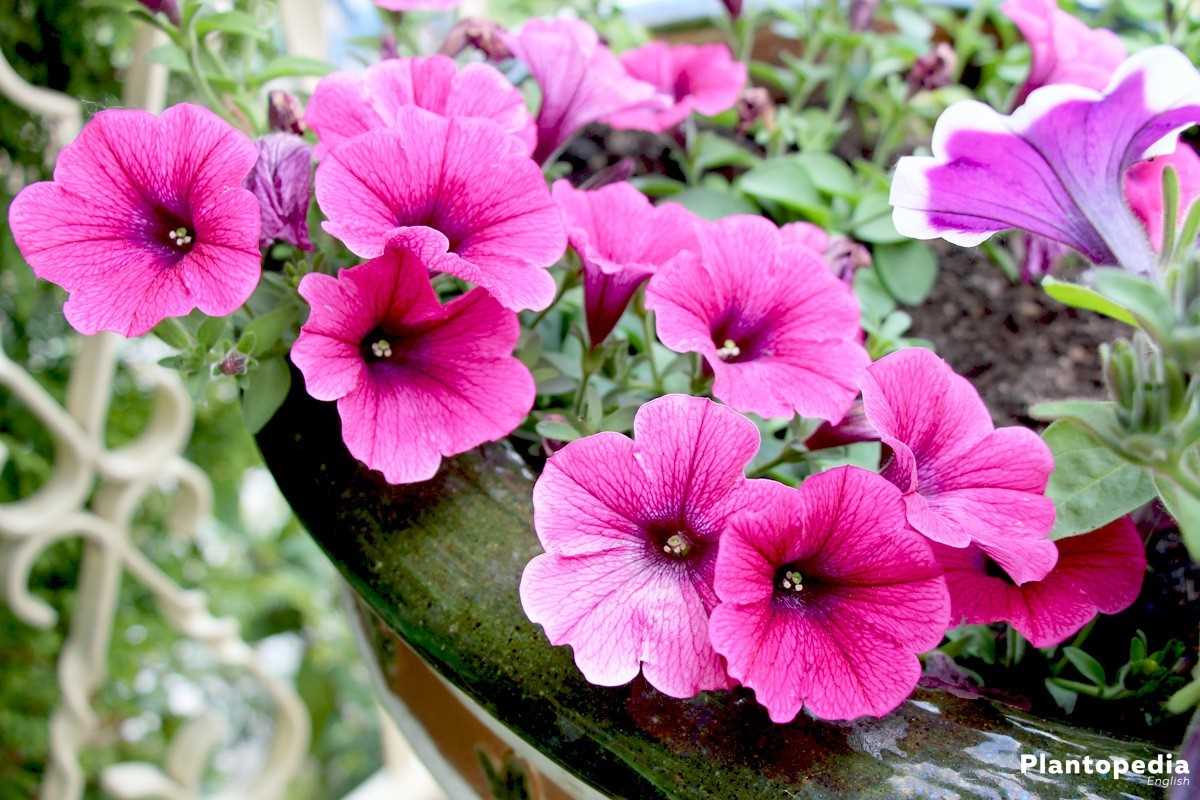
Whether you prefer container gardening, hanging baskets, or flower beds, petunias can adapt to various gardening styles. They look stunning when planted in groups or as borders along pathways, and they also make great additions to hanging baskets and window boxes. Furthermore, their trailing habit makes them perfect for cascading over the edges of containers and adding a touch of elegance to any space.
Overall, petunias are a fantastic choice for any garden. Their beautiful colors, easy cultivation, and versatility make them a favorite among gardeners of all skill levels. So why not add some petunias to your garden and enjoy their stunning blooms all season long?
Low Maintenance and Easy to Grow
Petunias are known for being low maintenance and easy to grow, making them a great choice for both experienced gardeners and beginners alike. Here are three reasons why these flowers are so easy to care for:
- Tolerant of a wide range of conditions: Petunias can thrive in various environmental conditions, including full sun or partial shade. They are also resistant to heat and drought, making them ideal for gardens in hot and dry climates. With their adaptability, petunias can easily be incorporated into any type of garden or landscaping project.
- Minimal watering requirements: Petunias have relatively low water needs, making them a convenient choice for busy gardeners. They can tolerate short periods of dry soil and only require regular watering when the top inch of soil feels dry to the touch. Overwatering can lead to root rot, so it’s important to strike the right balance and avoid excessive watering.
- Little to no pruning: Unlike some other flowering plants, petunias do not require regular pruning to stay healthy and blooming. Deadheading faded flowers can encourage more blooms, but it is not necessary for the overall health of the plant. This makes petunias a low-maintenance option for gardeners who prefer a hands-off approach.
Overall, petunias are a fantastic choice for gardeners looking for beautiful and vibrant flowers that are easy to grow and maintain. With their tolerance to various conditions, minimal watering requirements, and low pruning needs, these flowers are sure to bring joy and color to any garden.
Versatile and Diverse Varieties
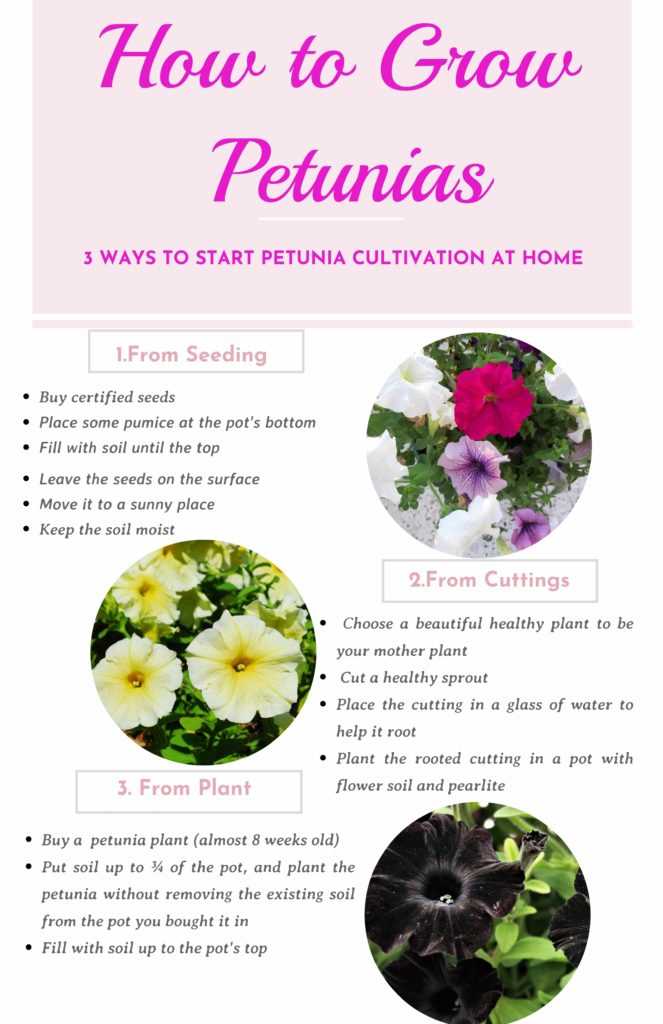
Petunias are known for their vast array of colors and patterns, making them an incredibly versatile choice for any garden or landscape. From solid hues to striped and multicolored varieties, there is a petunia for every aesthetic preference.
There are also different sizes of petunias available, ranging from compact and mounding varieties to trailing forms that are perfect for hanging baskets and containers. This diversity in size and habit makes it easy to find the perfect petunia to suit your specific gardening needs.
1. Solid Hues
One of the most popular types of petunias is the solid-hued variety. These petunias come in a wide range of colors, including vibrant shades of red, pink, purple, yellow, and white. Whether you prefer a monochromatic color scheme or want to create a stunning color contrast, solid-hued petunias provide endless options for customization.
2. Striped and Multicolored Petunias
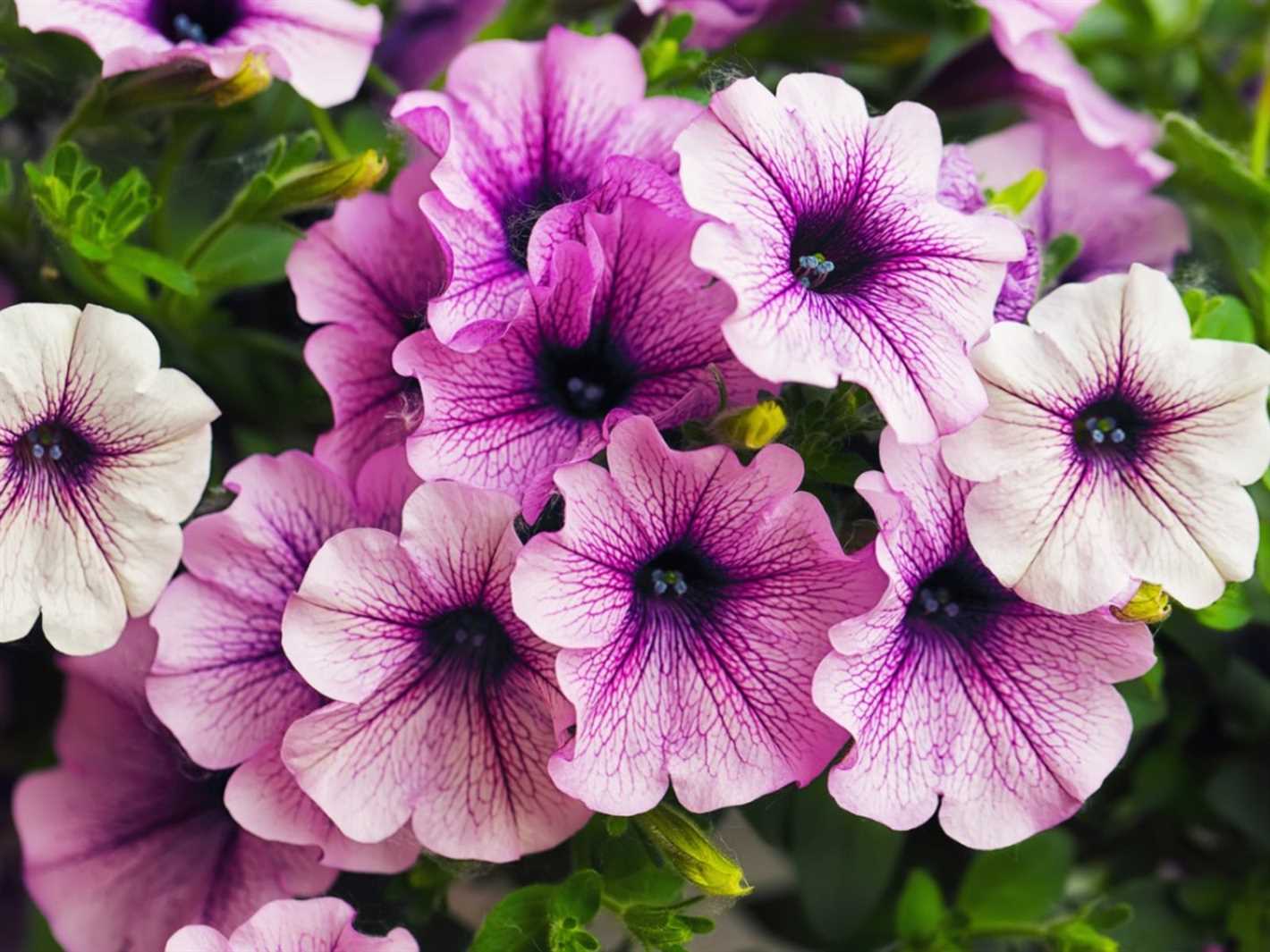
If you’re looking for a petunia variety that really stands out, consider choosing a striped or multicolored petunia. These unique varieties feature intricate patterns and combinations of colors, adding a special touch to any garden or landscape. With their eye-catching blooms, striped and multicolored petunias are sure to be a conversation starter.
3. Compact and Trailing Varieties
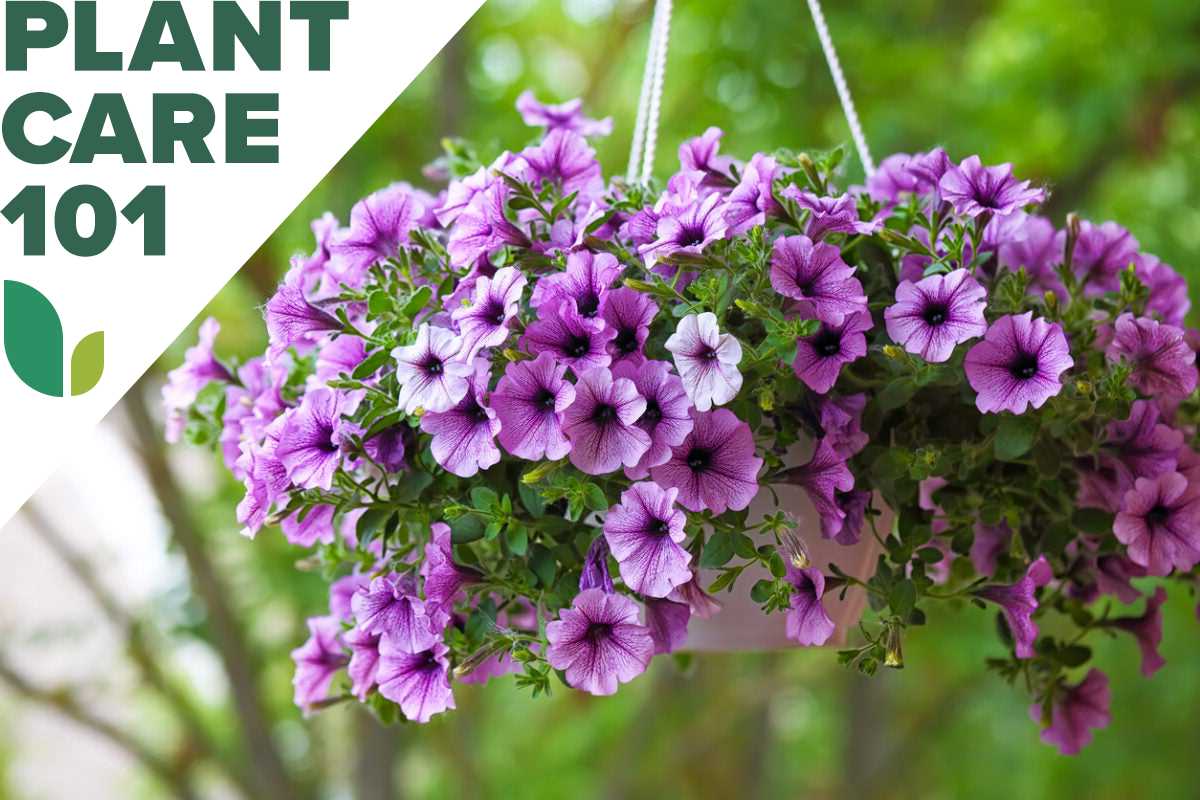
Petunias come in different sizes and habits, allowing you to choose the perfect variety based on your gardening preferences. Compact and mounding petunias are ideal for creating neat borders or filling in flower beds. They are also great for containers and hanging baskets, as their compact habit stays well-behaved and doesn’t overwhelm the space.
On the other hand, trailing petunias are perfect for adding a cascading effect to hanging baskets, window boxes, or elevated planters. Their long, trailing stems create a stunning display of color and movement, making them perfect for vertical gardening. Trailing petunias can also be planted in the ground to provide ground cover or to spill over walls and other structures.
With their wide range of colors, patterns, and sizes, petunias offer endless possibilities when it comes to creating a beautiful garden or landscape. Whether you prefer solid hues, striped and multicolored varieties, or compact and trailing forms, petunias are sure to add a pop of color and charm to your outdoor space.
Attracts Beneficial Insects
Petunias are not only beautiful flowers to grow in your garden, but they also attract a variety of beneficial insects. These insects can help control the population of pests and can even help with pollination.
Some of the beneficial insects that are attracted to petunias include ladybugs, lacewings, and hoverflies. Ladybugs are voracious eaters of aphids, which are a common garden pest. By attracting ladybugs, petunias can help keep aphid populations in check.
Lacewings are another beneficial insect that are attracted to petunias. They are natural predators of various garden pests such as aphids, mites, and caterpillars. By planting petunias, you can create a welcoming habitat for lacewings and help keep your garden pest-free.
Hoverflies are beneficial insects that are attracted to the nectar and pollen of petunias. They are excellent pollinators and can help increase the yield of your garden plants. By having petunias in your garden, you can attract hoverflies and promote pollination.
In addition to attracting these beneficial insects, petunias also provide a food source for them. The nectar and pollen of petunias are rich in nutrients, which helps sustain the beneficial insects and encourages them to stay in your garden.
By attracting beneficial insects, petunias can help create a balanced ecosystem in your garden. They can help reduce the need for harmful pesticides and promote the health and productivity of your plants.
Adds Vibrant Colors to Your Landscape
Petunias are known for their ability to add vibrant colors to any landscape. With a wide range of hues available, these beautiful flowers can brighten up any garden or outdoor space. Whether you choose to plant them in flower beds, hanging baskets, or containers, petunias are sure to make a statement with their stunning blooms.
One of the great things about petunias is their versatility. They come in a variety of colors, including shades of pink, purple, red, white, and yellow. You can mix and match different colors to create a visually appealing display that suits your personal taste.
The vibrant colors of petunias can instantly transform a dull and boring landscape into a vibrant and lively one. Whether you have a small backyard, a balcony, or a sprawling garden, the addition of petunias can make a big difference.
Furthermore, petunias are prolific bloomers, which means they will continue to produce flowers throughout the growing season. This ensures that your landscape will be filled with a riot of colors for an extended period of time.
In addition to adding vibrancy to your landscape, petunias can also attract pollinators such as bees and butterflies. These insects play a crucial role in pollinating plants, which helps to promote the growth of other flowers and vegetables in your garden.
Overall, petunias are a fantastic choice if you want to add vibrant colors to your landscape. With their wide range of hues and profuse blooming, these beautiful flowers are sure to enhance the beauty of your outdoor space.
Perfect for Containers and Hanging Baskets
Petunias are one of the best choices when it comes to growing flowers in containers and hanging baskets. Their compact and trailing growth habit make them well-suited for these types of gardening arrangements. Here are three compelling reasons why petunias are perfect for containers and hanging baskets:
Beautiful cascading effect: Petunias have a cascading growth habit, meaning their branches and flowers will gracefully spill over the edges of containers and hanging baskets, creating a stunning display. This trailing effect adds depth and dimension to any garden arrangement and instantly enhances the beauty of your outdoor space.
Color options: Petunias come in a wide range of vibrant and eye-catching colors, providing endless possibilities for designing colorful container gardens and hanging baskets. Whether you prefer soft pastels, bold and bright hues, or a mix of both, there’s a petunia variety to suit your taste. You can even experiment with different color combinations to create visually striking arrangements that complement your outdoor decor.
Low maintenance: Petunias are relatively easy to care for, making them an ideal choice for busy gardeners or those new to gardening. They require regular watering, but their soil should not be kept too wet. Petunias also benefit from regular deadheading to promote continuous blooming. With their hardy nature and ability to tolerate a variety of growing conditions, petunias are a fuss-free option for container and hanging basket gardening.
Whether you have a small balcony, a tiny courtyard, or limited garden space, petunias can easily be grown in containers or hanging baskets to add beauty and color to your outdoor area. Their cascading growth habit, wide color options, and low maintenance requirements make them a top choice for container gardening enthusiasts. So why not give petunias a try and enjoy their captivating blooms in a convenient and versatile way?
Long Blooming Season
Petunias are known for their long blooming season, which makes them a favorite among gardeners. Unlike many other flowers that bloom for a short period of time, petunias can provide vibrant color and beauty in the garden for several months.
There are several reasons why petunias have such a long blooming season. Firstly, petunias are annual flowers, meaning they complete their life cycle in one growing season. This allows them to focus all their energy on producing flowers and extending their blooming period.
Furthermore, petunias are known for their ability to self-clean. This means that as the flowers fade, new blooms continue to appear, keeping the plants looking fresh and healthy. As a result, petunias can provide a continuous display of color throughout the summer and into the fall.
Another reason for the long blooming season of petunias is their ability to tolerate a wide range of growing conditions. Petunias can thrive in both full sun and partial shade, and they are adaptable to different soil types. This versatility allows petunias to continue blooming even when faced with less-than-ideal growing conditions.
Overall, the long blooming season of petunias makes them a fantastic choice for gardeners who want to enjoy beautiful flowers for an extended period of time. Whether planted in containers, hanging baskets, or flower beds, petunias are sure to brighten up any garden with their vibrant colors and continuous blooming.
Great for Beginner Gardeners
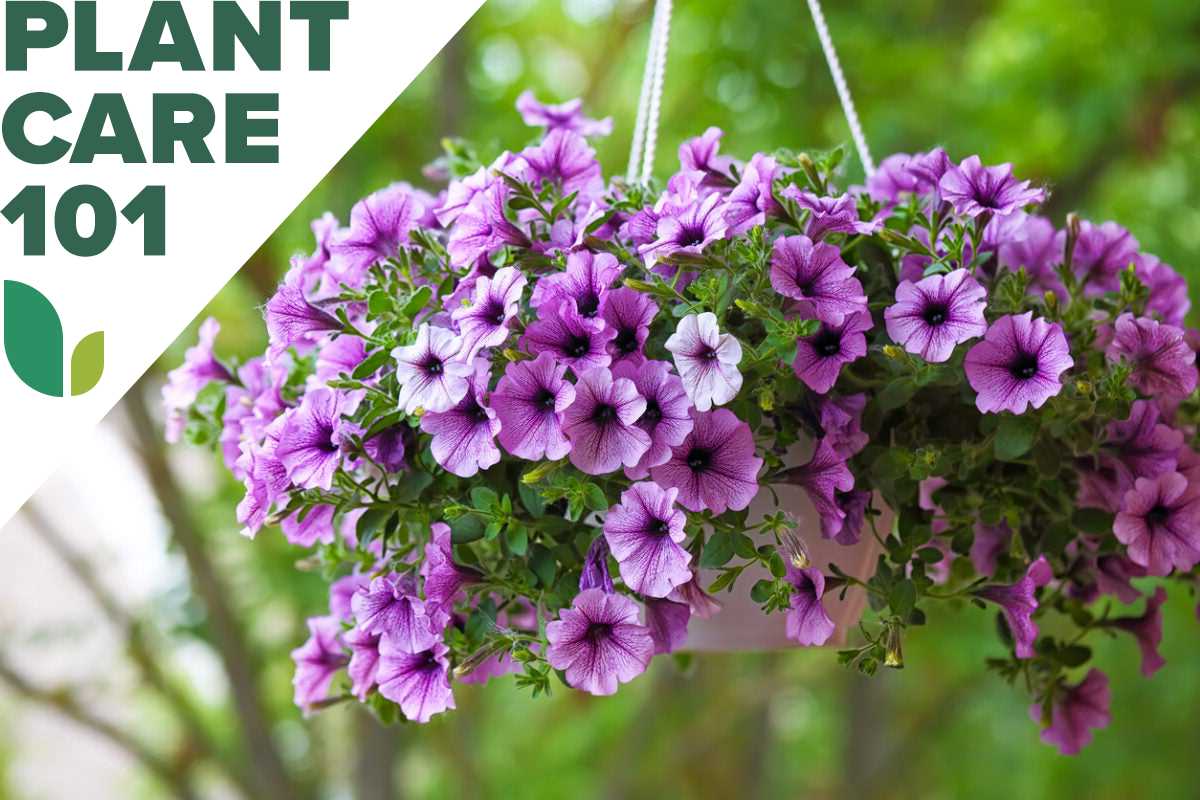
If you’re new to gardening, petunias are a great plant to start with. Here’s why:
- Low maintenance: Petunias are known for being low maintenance and easy to care for. They don’t require a lot of attention or special care, making them perfect for beginner gardeners who may not have a lot of gardening experience.
- Fast growing: Petunias are fast growers, which means you’ll see results quickly. This can be very rewarding for beginner gardeners who may be eager to see their hard work pay off.
- Wide variety: There are many different varieties of petunias to choose from, which can be exciting for beginner gardeners who want to experiment with different colors and patterns. From vibrant pinks and purples to soft pastels and even multicolored blooms, you’re sure to find a petunia variety that suits your taste.
Whether you have a small balcony garden or a large backyard, petunias are a great choice for beginner gardeners. They are easy to grow, provide beautiful blooms, and can help you gain confidence in your gardening skills. So why not give petunias a try?
Questions and Answers:
Can petunias be grown in pots or containers?
Yes, petunias can be grown in pots or containers. They are well-suited for container gardening and can add a splash of color to your patio or balcony.
What is the best time to plant petunias?
The best time to plant petunias is in spring after the danger of frost has passed. They prefer warm weather and do well in temperatures between 60 and 75 degrees Fahrenheit.
How often should petunias be watered?
Petunias should be watered regularly, as they have shallow roots and can dry out quickly. It is best to water them deeply once or twice a week, depending on the weather conditions. Avoid overwatering, as this can lead to root rot.
Do petunias require full sun?
Yes, petunias thrive in full sun. They require at least six hours of direct sunlight each day to grow and bloom to their fullest potential. If planted in shaded areas, they may become leggy and produce fewer flowers.
Can petunias be grown from seeds?
Yes, petunias can be grown from seeds. However, they have small seeds that can be difficult to handle. It is often easier to purchase young petunia plants from a nursery or garden center.
